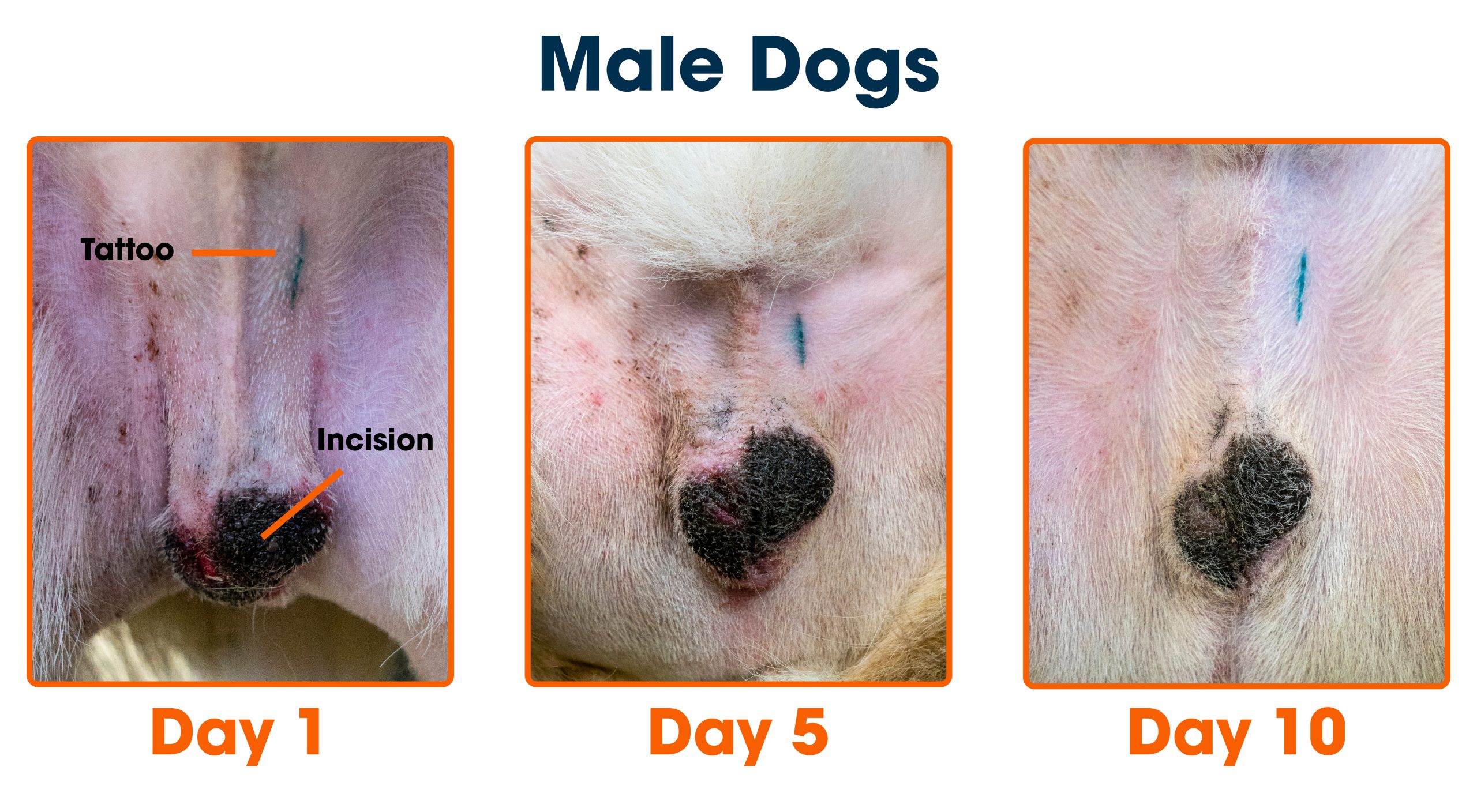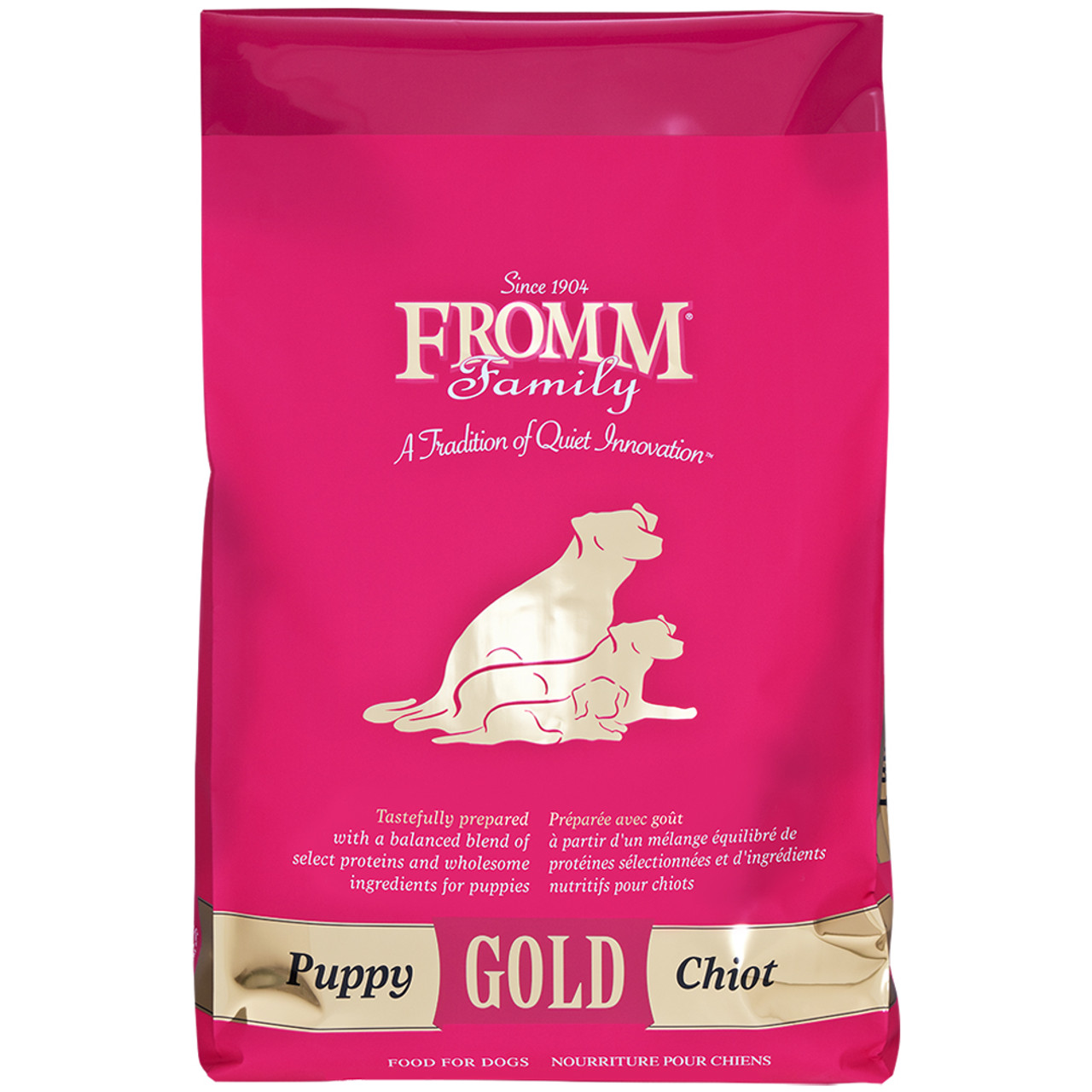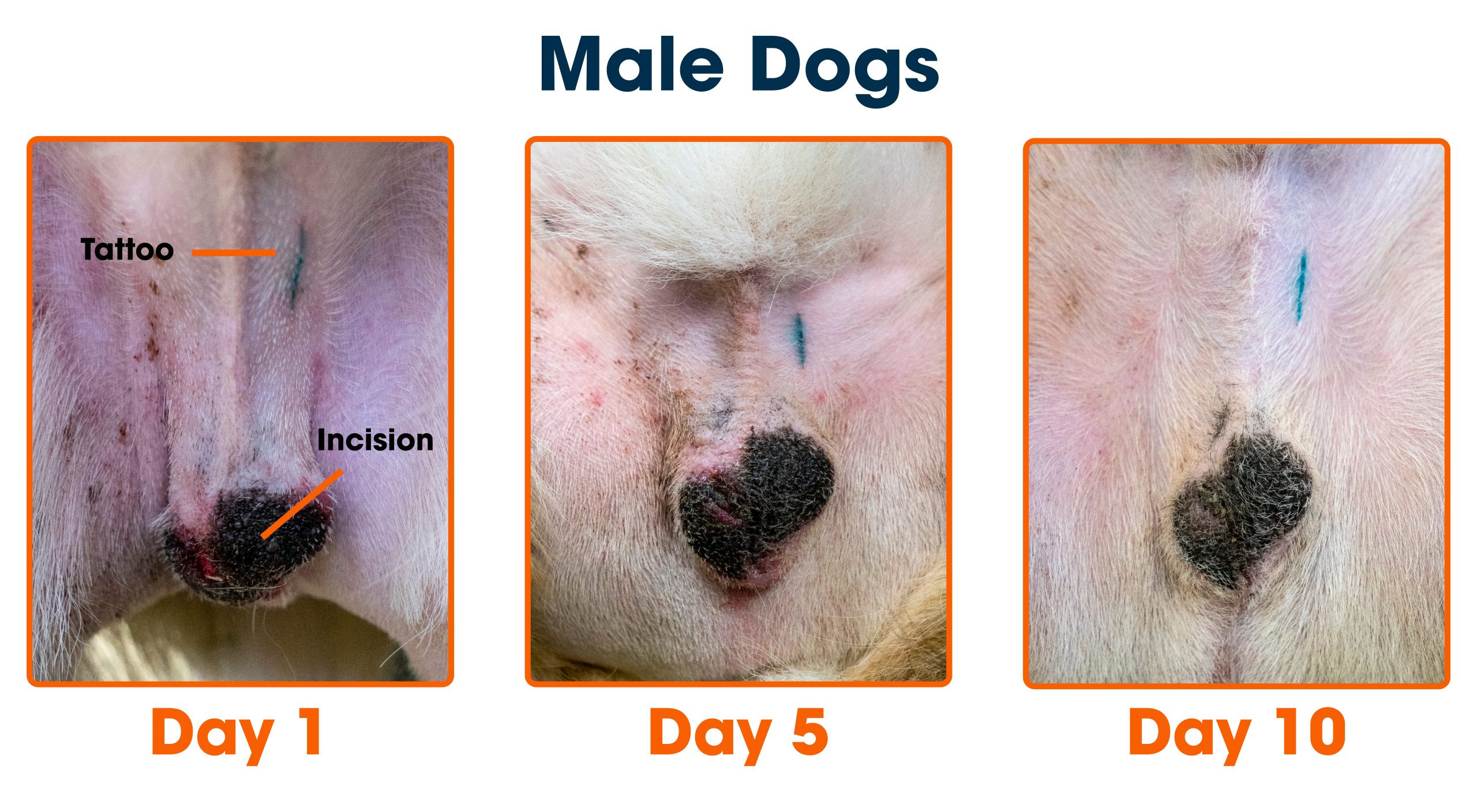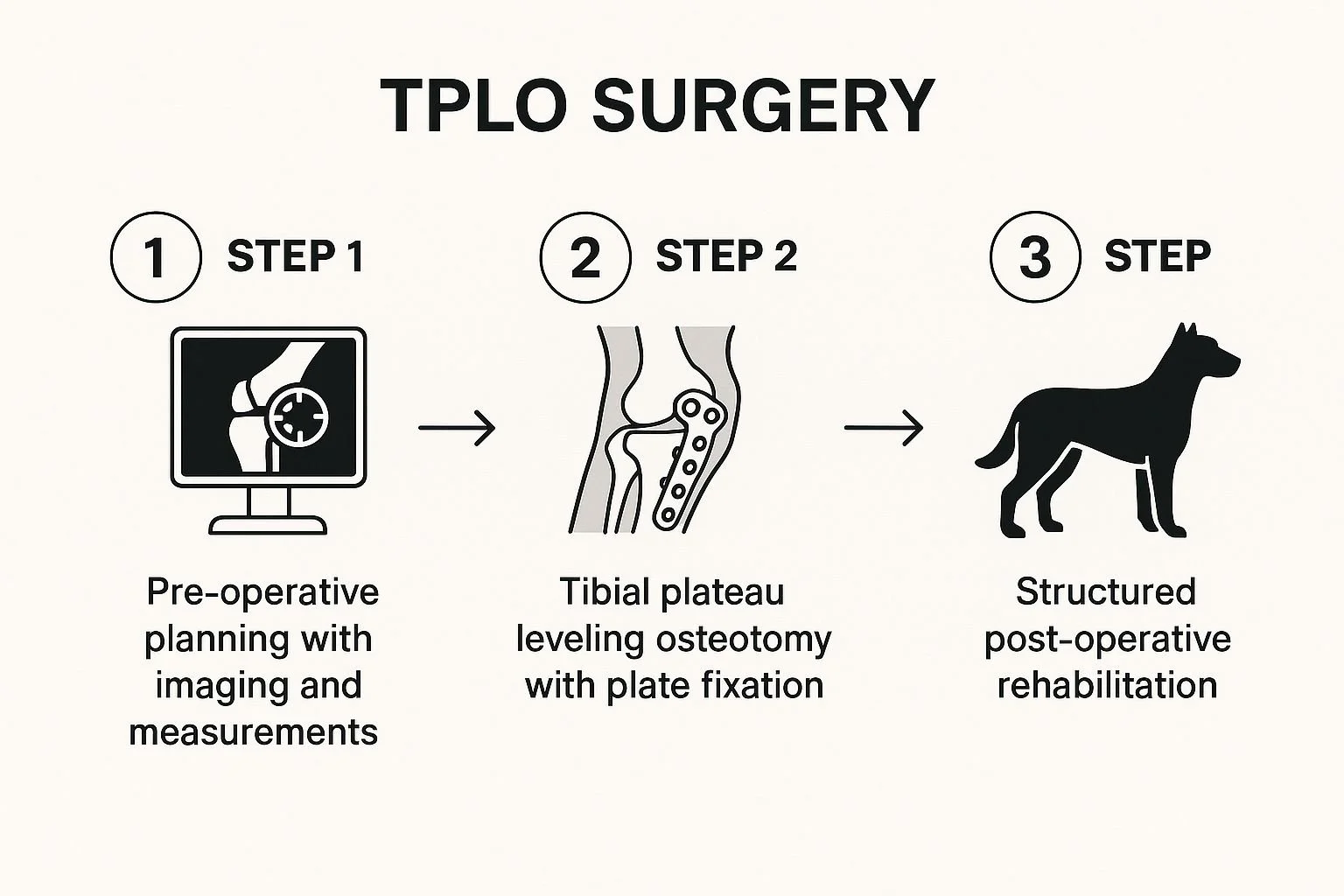Choosing the right wet dog food for your small breed can feel overwhelming. You want the best for your furry friend, but with so many options, how do you know what vets truly recommend?
What if you could find a wet dog food that supports your pet’s health, tastes great, and fits their unique needs? Keep reading, because we’re breaking down the top vet-approved choices that will keep your small dog happy, healthy, and full of energy.
Your dog deserves the best—let’s make sure you’re giving it to them.
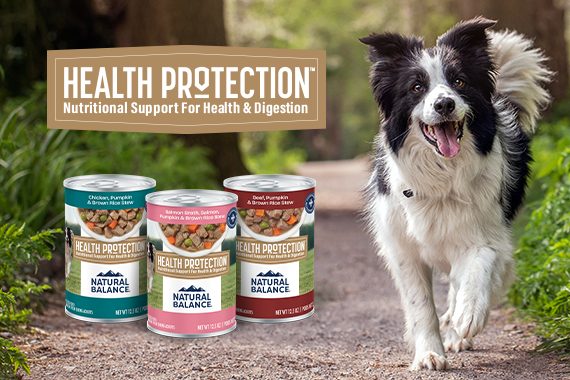
Credit: www.naturalbalanceinc.com
Benefits Of Wet Food For Small Breeds
Choosing the right food for your small breed dog is crucial for their health and happiness. Wet dog food offers several unique benefits that can make a big difference in your pet’s daily nutrition and overall well-being. Here’s why many vets suggest wet food as a great option for small breeds.
Improved Hydration
Small dogs often struggle to drink enough water throughout the day. Wet food naturally contains a high moisture content, which helps keep your dog hydrated without extra effort. This added hydration supports kidney function and helps prevent urinary tract issues, which small breeds can be prone to.
Easier Digestion
Wet food tends to be softer and easier to chew, especially for small dogs with sensitive teeth or dental problems. The gentle texture reduces the risk of choking and supports smoother digestion. Plus, the moisture in wet food aids in breaking down nutrients, making it simpler for your dog’s body to absorb essential vitamins and minerals.
Enhanced Flavor And Palatability
Small dogs can be picky eaters, and wet food often appeals more due to its rich aroma and taste. This can encourage your dog to eat consistently and maintain a healthy weight. If your dog has lost interest in dry kibble, switching to wet food might renew their enthusiasm for mealtime.
Key Nutrients For Small Breed Dogs
Small breed dogs need special nutrition to stay healthy and active. Their fast metabolism and tiny size require food rich in certain nutrients. Wet dog food for small breeds should focus on these key nutrients for balanced growth and energy.
Protein And Fat Requirements
Protein helps build strong muscles and supports body functions. Small breeds need higher protein levels than larger dogs. Fat provides energy and keeps the coat shiny and skin healthy. Good wet foods contain moderate to high protein and fat amounts to fuel their lively nature.
Essential Vitamins And Minerals
Vitamins and minerals support bones, teeth, and immune health. Calcium and phosphorus keep bones strong. Vitamin A and E promote healthy skin and vision. B vitamins help with energy and brain function. Wet food should include a balanced mix of these nutrients for overall wellness.
Portion Control And Caloric Needs
Small dogs burn calories fast but eat less at once. Wet food portions must match their small stomach size. Proper calories prevent weight gain or loss. Feeding the right amount supports a healthy weight and avoids digestive issues. Many vets recommend wet food with controlled calories designed for small breeds.
Top Vet-recommended Wet Dog Foods
Choosing the right wet dog food for your small breed can feel overwhelming. Vets often recommend specific brands and formulas based on nutritional needs and ingredient quality. Knowing which options come highly endorsed can save you time and ensure your furry friend stays healthy and happy.
Premium Brand Options
Vets frequently suggest premium wet dog foods because they focus on high-quality ingredients and balanced nutrition. Brands like Hill’s Science Diet and Royal Canin offer formulas tailored to small breeds, supporting their unique metabolism and dental health.
These options often contain real meat as the first ingredient and have added vitamins and minerals. Have you noticed how your dog’s energy changes with better food? Many pet owners report improved coat shine and digestion after switching to these premium choices.
Budget-friendly Choices
Not everyone can splurge on premium brands, but vets still recommend affordable wet foods that meet basic nutritional standards. Look for products from reputable brands like Nutro or Blue Buffalo that offer small breed-specific formulas without breaking the bank.
These options balance cost and quality, often featuring natural ingredients and no artificial additives. Can you find a brand that fits your budget and keeps your pup’s tail wagging? It’s possible with a bit of label reading and trial.
Grain-free Formulas
Some small breeds have sensitivities or allergies that make grain-free wet foods a smart choice. Vets may recommend brands like Merrick or Wellness that offer grain-free recipes rich in protein and easy to digest ingredients.
Grain-free doesn’t mean missing out on essential nutrients—these foods use alternatives like sweet potatoes or peas to provide carbohydrates. Have you ever wondered if your dog’s food could be causing allergies or upset stomach? Grain-free options might be worth trying under your vet’s guidance.
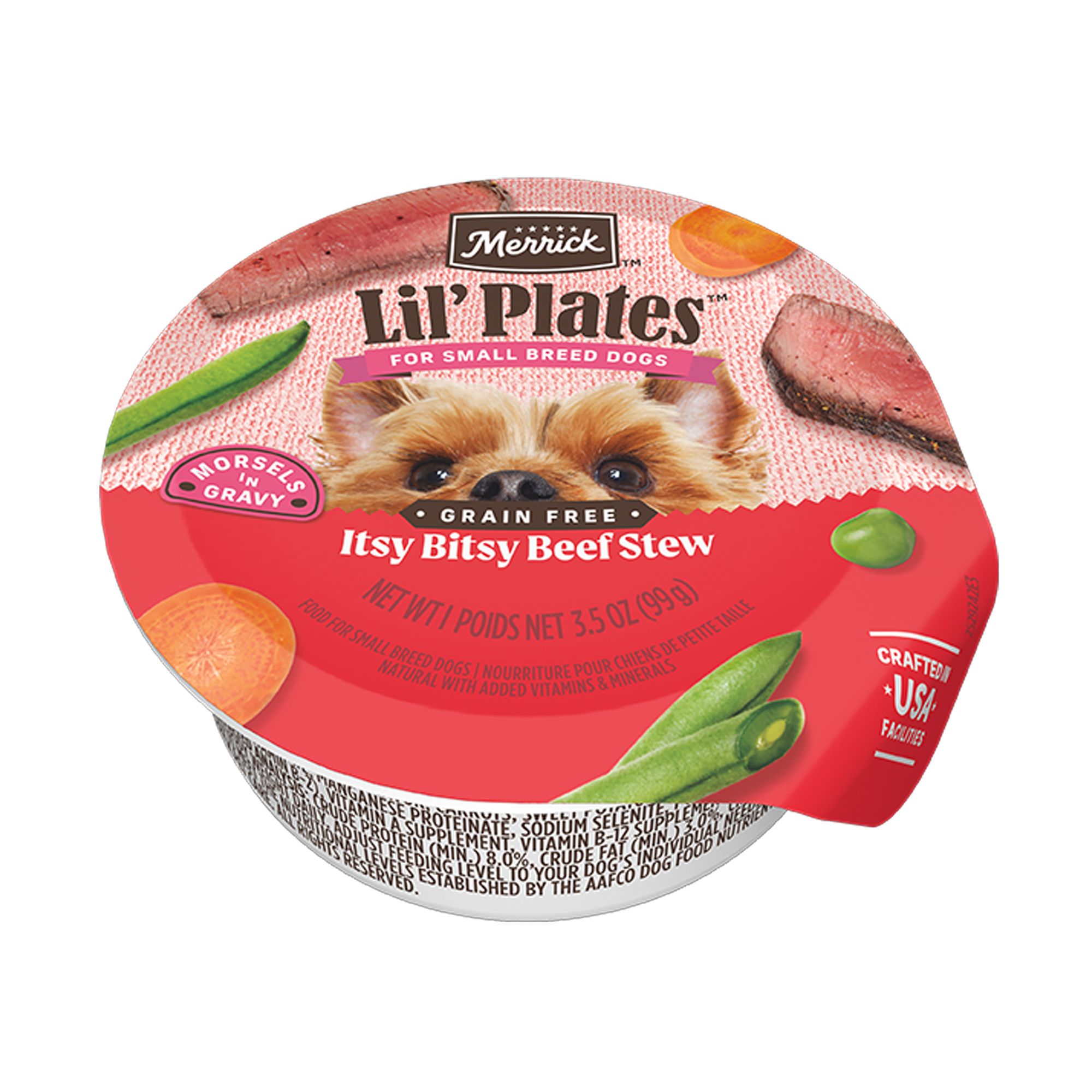
Credit: www.petsmart.com
Ingredients To Look For
Choosing the right wet dog food for small breeds means focusing on the ingredients. Good ingredients support energy, growth, and overall health. Small dogs need nutrient-dense food with easy digestion. Ingredients must provide essential vitamins and minerals without harmful additives. Understanding what to look for helps you pick the best food recommended by vets.
High-quality Proteins
Proteins are the building blocks for muscles and tissues. Look for named meat sources like chicken, beef, or fish. Meat should be the first ingredient listed. Avoid foods with vague terms like “meat by-products.” Quality proteins help small dogs maintain strong muscles and healthy skin. Animal-based proteins digest better and provide essential amino acids.
Natural Additives And Supplements
Natural additives improve digestion and boost immunity. Ingredients such as omega-3 and omega-6 fatty acids promote shiny coats and brain health. Vitamins like A, D, and E support vision and bone strength. Probiotics help maintain good gut bacteria. These natural extras enhance your dog’s wellbeing without harmful chemicals.
Avoiding Fillers And Artificial Ingredients
Fillers add bulk but no nutrition. Common fillers include corn, wheat, and soy. These can cause allergies or digestion issues. Artificial colors, flavors, and preservatives may harm your dog’s health. Choose foods free from synthetic additives. Clean labels mean your dog gets pure nutrition, not unnecessary extras.
Feeding Tips For Small Breed Dogs
Feeding small breed dogs requires special care to meet their unique needs. Wet dog food is often a great choice. It provides hydration and is easier to chew. Small breeds also have faster metabolisms and may need more frequent meals. Proper feeding helps keep them healthy and active.
Transitioning To Wet Food
Switching your dog to wet food should be gradual. Start by mixing a small amount of wet food with their current dry food. Increase the wet food portion over 7 to 10 days. This helps avoid stomach upset. Watch for any signs of allergies or digestive issues during the change.
Meal Frequency And Portion Sizes
Small breeds often do well with multiple small meals daily. Divide their daily food amount into 3 to 4 portions. This prevents overeating and keeps energy steady. Use the feeding guidelines on the wet food package as a starting point. Adjust portions based on your dog’s activity and weight.
Storage And Serving Suggestions
- Store unopened wet food in a cool, dry place.
- Refrigerate any opened cans or pouches promptly.
- Use airtight containers to keep food fresh.
- Serve wet food at room temperature for better taste.
- Clean your dog’s bowls after each meal to prevent bacteria.
Common Health Concerns Addressed By Wet Food
Wet dog food offers more than just taste and hydration. It helps address common health concerns seen in small breed dogs. Vets recommend certain wet foods to support these areas. Choosing the right wet food can improve your dog’s quality of life significantly.
Dental Health Benefits
Wet food helps keep small dogs’ teeth cleaner. The moisture softens the food, reducing plaque buildup. Some wet foods include ingredients that fight bacteria. This supports gum health and lowers the risk of dental disease. Chewing wet food also massages gums gently. This improves circulation and overall oral health.
Weight Management
Small breeds need careful calorie control to avoid weight gain. Wet food often has fewer calories but feels filling. This helps dogs stay satisfied without overeating. It contains balanced nutrients to support metabolism. Feeding wet food can prevent obesity-related problems like joint pain. Portion control is easier with wet food’s measured servings.
Allergy And Sensitivity Considerations
Many small dogs suffer from food allergies or sensitivities. Wet food options made with limited ingredients reduce reactions. These foods avoid common allergens like grains or artificial additives. They use gentle proteins such as lamb or fish. This helps soothe the digestive system and skin. Vets often suggest hypoallergenic wet foods for sensitive pups.
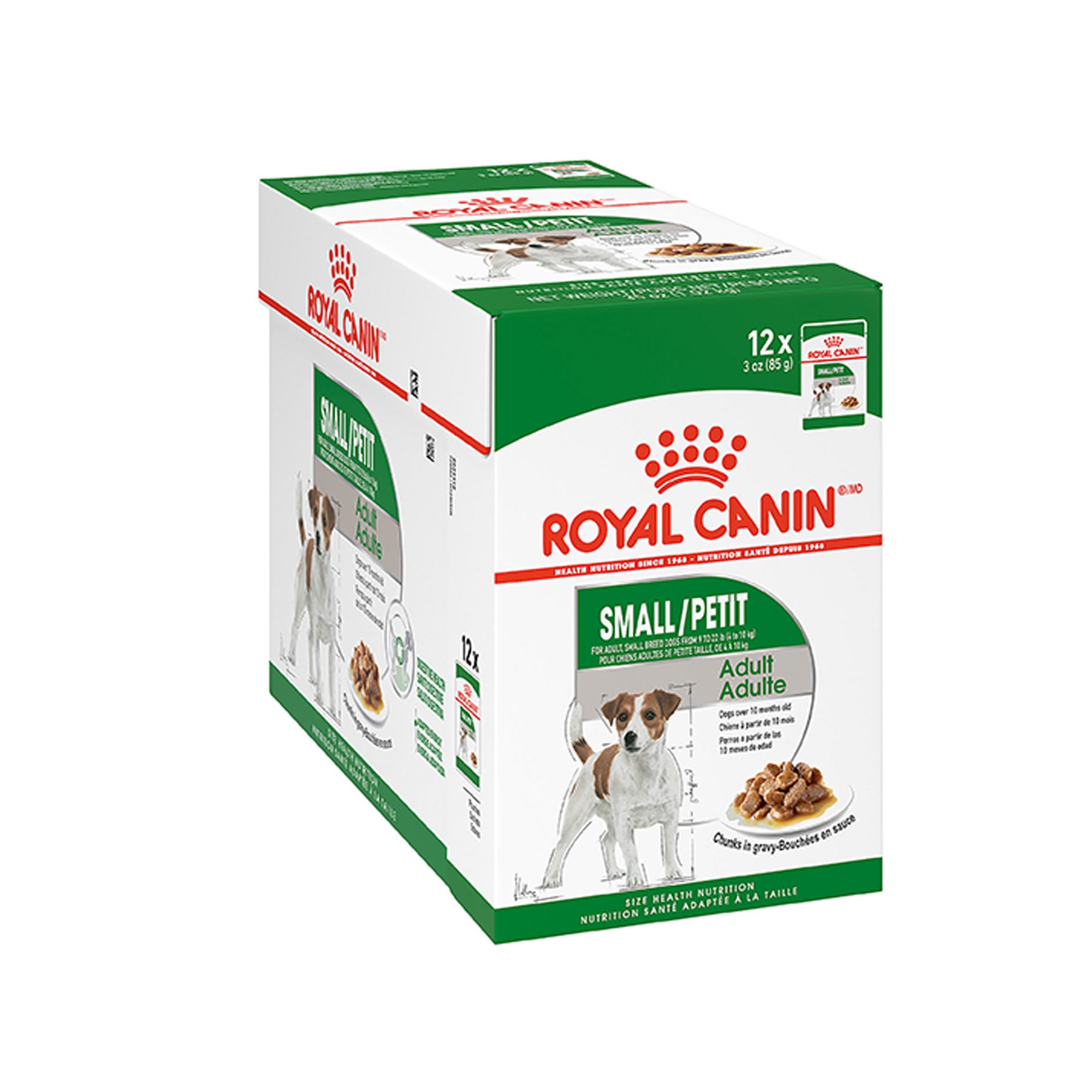
Credit: www.petsmart.ca
Frequently Asked Questions
What Is The Best Wet Dog Food For Small Breeds?
Vets often recommend brands like Hill’s Science Diet and Royal Canin for small breeds. These options provide balanced nutrition and support overall health. They contain high-quality proteins, essential vitamins, and minerals tailored to small dogs’ needs.
How Often Should I Feed Wet Dog Food?
Typically, you can feed wet dog food twice daily. This schedule helps maintain energy levels and supports digestion. Adjust portions based on your dog’s activity level, weight, and age for optimal health.
Is Grain-free Wet Food Better For Small Dogs?
Grain-free options can be beneficial for dogs with allergies. However, consult your vet before switching, as some grains offer essential nutrients. A balanced diet is crucial for maintaining your pet’s health.
Can Wet Dog Food Improve Hydration In Dogs?
Yes, wet dog food can boost hydration due to its high moisture content. It’s particularly useful for dogs that drink little water. A hydrated dog is less prone to urinary issues and has better overall health.
Conclusion
Choosing the right wet dog food helps small breeds stay healthy and happy. Vets often suggest options rich in nutrients and easy to digest. Quality ingredients support your dog’s energy and coat health. Always check labels for proteins, vitamins, and minerals.
Feeding the right food can prevent health problems later. Trust your vet’s advice to find the best fit. Small dogs need special care, starting with their diet. Healthy meals mean a joyful, active life for your pet.

